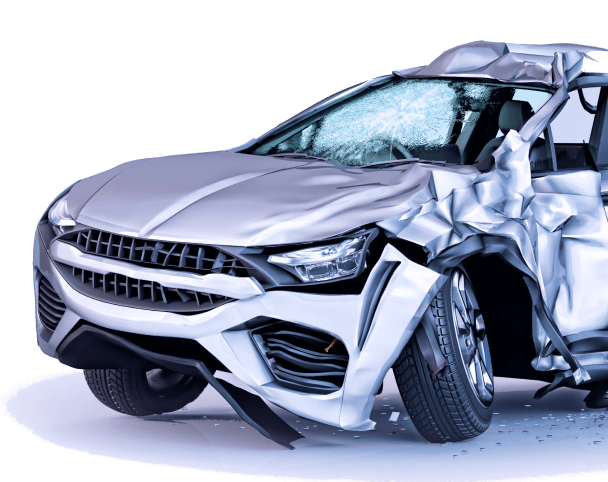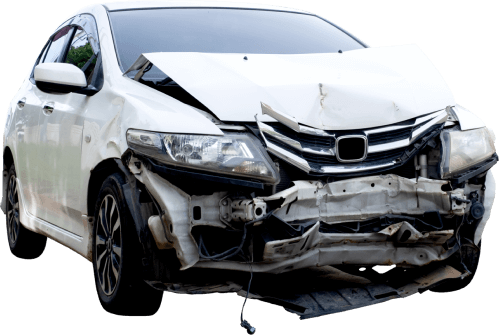
You don’t have to accept the insurance total loss settlement offer.
If you’re not careful, you may lose money due to inaccurate vehicle valuations.
For consumers who are not familiar with the process used by the insurance industry to determine a totaled car value,
It can be challenging to detect these errors if you are unfamiliar with the totaled car value process.
It’s essential to hire an independent appraiser who can help you negotiate a settlement that accurately reflects your vehicle’s value.
DVGOAT specializes in total loss vehicle appraisals and can help you get the most out of your settlement.

Loss appraisals focus on assessing the damage or loss incurred by a vehicle. It is often carried out in the context of insurance claims, accident investigations, or vehicle valuations.
When a vehicle is involved in an accident, a loss appraiser typically evaluates the damage’s extent and estimates the repair cost.
The loss appraiser examines the vehicle and conducts a thorough inspection. He then prepares a detailed report that outlines the damage and provides an estimated repair cost.
Loss appraisal for vehicles plays a critical role in insurance claims settlement. It helps determine the compensation or coverage amount to which the policyholder is entitled.
Moreover, it ensures a fair and accurate damage assessment, making a smoother resolution of the claim. The specific procedures for vehicle appraisal may vary depending on the involved parties’ jurisdiction, insurance policies, and practices.
To calculate the total loss for vehicles, you divide the repair cost by its actual cash value (ACV) or market value.
To find the percentage of the ACV, divide the repair cost by the ACV and multiply by 100.
The car is declared a total loss if this percentage exceeds the predetermined threshold.
Negotiating the total loss value of a vehicle involves working with the insurance company to reach a fair settlement. Here are some steps to consider.
